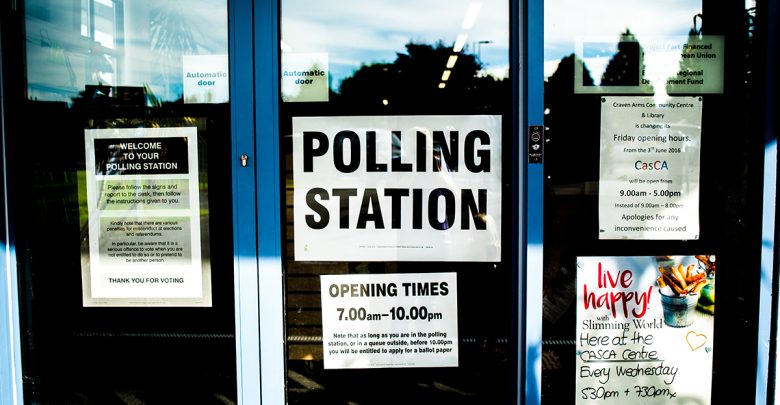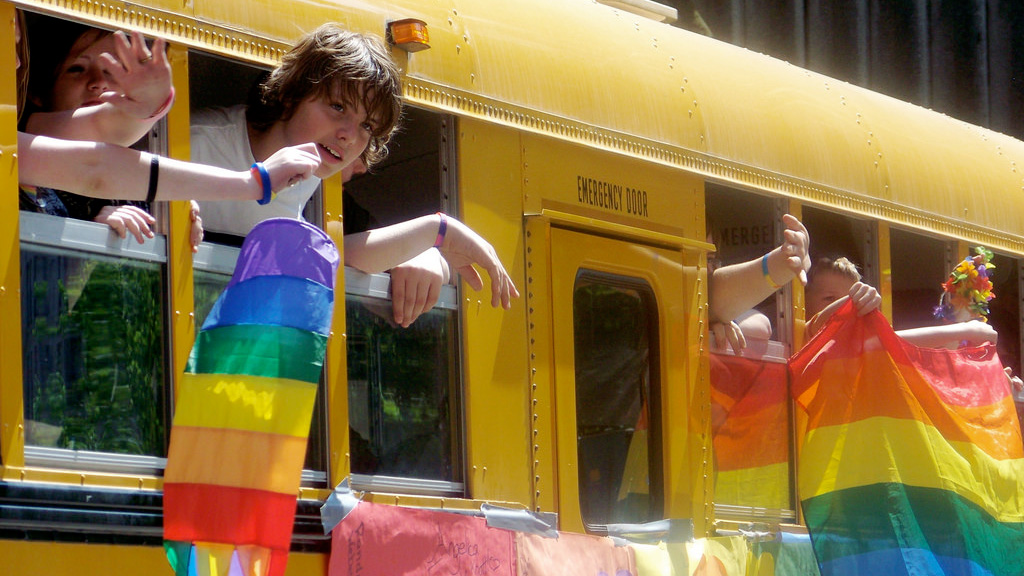 Photo by Elliott Stallion on Unsplash
Photo by Elliott Stallion on UnsplashInitial steps are being made to increase youth voter turnout in Alberta, but they seem to only tackle one part of the problem.
Amendments made to Bill 32: The Act to Strengthen and Protect Democracy, will now allow any Albertan to vote at any polling station during advanced polling. Previously, voters were only able to vote at the designated polling station for their constituency.
This is, of course, a huge boon for postsecondary students. Tons of Albertan students at the U of A — myself included — have moved away from home to pursue their postsecondary education. For us, it’s not really an option to drive back home come voting day to cast our ballots in our designated ridings. We’re insanely busy people, with assignments to submit and finals to study for; we can’t set aside a whole day of travelling just to vote.
A formal change to voting processes is all well and good; it will certainly make things more accessible. Students will be able to drop by advanced polling stations on campus between their classes in order to cast their ballots. But there’s another part to the youth voting equation that needs to be addressed: making youth feel like their votes matter.
Youth voting, of course, is an issue that extends beyond the university. In the 2015 provincial election, those aged 18 to 24 made up about 7 per cent of the total votes cast. Those aged 65 and over made up around 21 per cent of the total votes cast — triple that of the young vote.
It’s been argued that the reason why young voter turnout is so low is because young people don’t care about politics. Young people, though, are much more likely to be actively political through means other than formal parties. According to a 2015 report, Canadians aged 18 to 29 participated more than other age groups not just in formal political engagement — such as attending political meetings or speeches, or volunteering for a campaign — but also in informal political engagements, such as discussing politics with friends or being active in activist or charity organizations.
The disconnect, then, is that politicians aren’t meeting most young people where they are. Just over half of people aged 18 to 29 reported that they have more than one method of contact with political parties, where three quarters of those aged 56 plus reported having more than one contact methods. This isn’t just in regards to advertising on social media or other mediums, but also in the issues they campaign on. With the introduction of neoliberal economic policy, as well as a large focus on big tent politics — where parties broaden their policies and goals in an attempt to appeal to as many voters as possible — many political parties feel almost the same, campaigning on issues that older, more voting-reliable demographics care about. As such, young people can often feel disillusioned with party politics, opting to participate in local activism or other follow other avenues instead of joining a part.
I too feel like party politics can be a sham. But it’s also one more avenue where change can happen, and one where young people can express their voices to a certain degree. We can’t give up on formal politics quite yet; even if you’re voting for the lesser of two evils, there is a greater evil in the first place. We have at least some sort of duty to keep the greater evil at bay while we work to change system.
There needs to be a multi-pronged approach when it comes to driving up youth engagement in politics. Firstly, we need formal changes that break down barriers to voting, like the amendments to Bill 32. Secondly, we need campaigns to help young people see formal politics as a viable vehicle for some political change. Initiatives like the SU’s “Get Out The Vote” campaign are such examples. And finally, politicians need to start changing their messaging to make sure young people see them. They’ll need to do more than just start posting on Instagram and hashtagging political issues, but even just increased presence on social media is certainly a start.
I’m glad that myself and fellow students will be able to vote in the upcoming provincial election. But there’s still many rungs to climb in order to bring the youth vote to where it needs to be.




